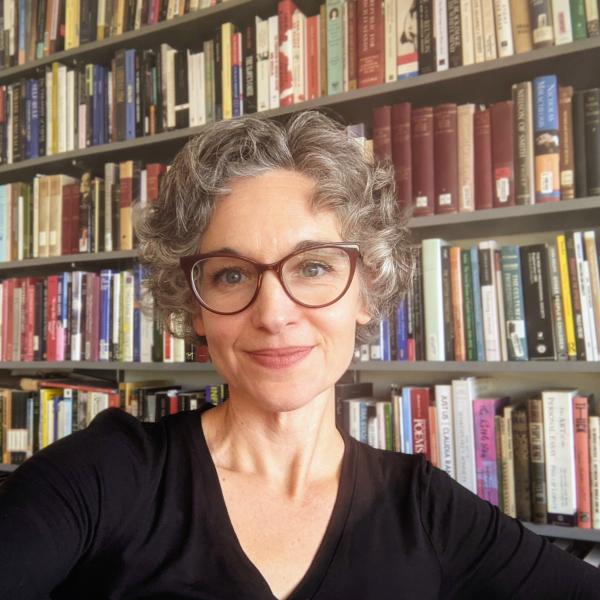
Biography
My teaching and research focus on conversations about education and democracy in the US and Britain during the nineteenth and early twentieth centuries. I'm especially interested in the histories of higher education, whiteness, and feminism. My current book project, "Hard Reading," investigates the making and early reception of the Harvard Classics; I'm also co-editing, with Philip Horne and Tamara Follini, a volume of Henry James's early short stories for the Cambridge Edition of the Complete Fiction of Henry James.
My first book, American Snobs: Transatlantic Novelists, Liberal Culture, and the Genteel Tradition (Edinburgh University Press, 2021), shows how Henry Adams, Henry James, and Edith Wharton responded to a strand of Victorian liberalism that flourished in Boston, especially at Harvard University. The book disambiguates the varied elitisms and racisms of this trio's privileged set in order to show how each of these authors interrogated liberal ideas about education and democracy. Locating Adams, James, and Wharton within the history of higher education, American Snobs points to these authors' role in developing the ideas that governed the study of US literature during the twentieth century.
Before coming to Chicago, I taught at the University of Bristol in the UK, where I joined the English faculty in 2015 after holding postdoctoral teaching positions at Princeton and Oxford.
Selected Publications
Book
American Snobs: Transatlantic Novelists, Liberal Culture, and the Genteel Tradition. Edinburgh University Press, 2021.
"The Man of Letters: Professor Barrett Wendell and the Style of White Supremacy." College Literature Special Issue: "American Literary Institutions around 1900," edited by Sheila Liming, Florian Sedlmeier, and Alexander Starre. 51.4 (Fall 2024): 502-531.
Book Chapters and Other Writing:
Teaching
Undergraduate:
Democracy and the School: Writing about Education
Genre Fundamentals: Fiction
Reading Nineteenth-Century Feminisms
Graduate:
American Fiction of the Gilded Age and Progressive Era
James Beyond the Novel
Ways of Reading in the Long Nineteenth Century
Writing in the Humanities
